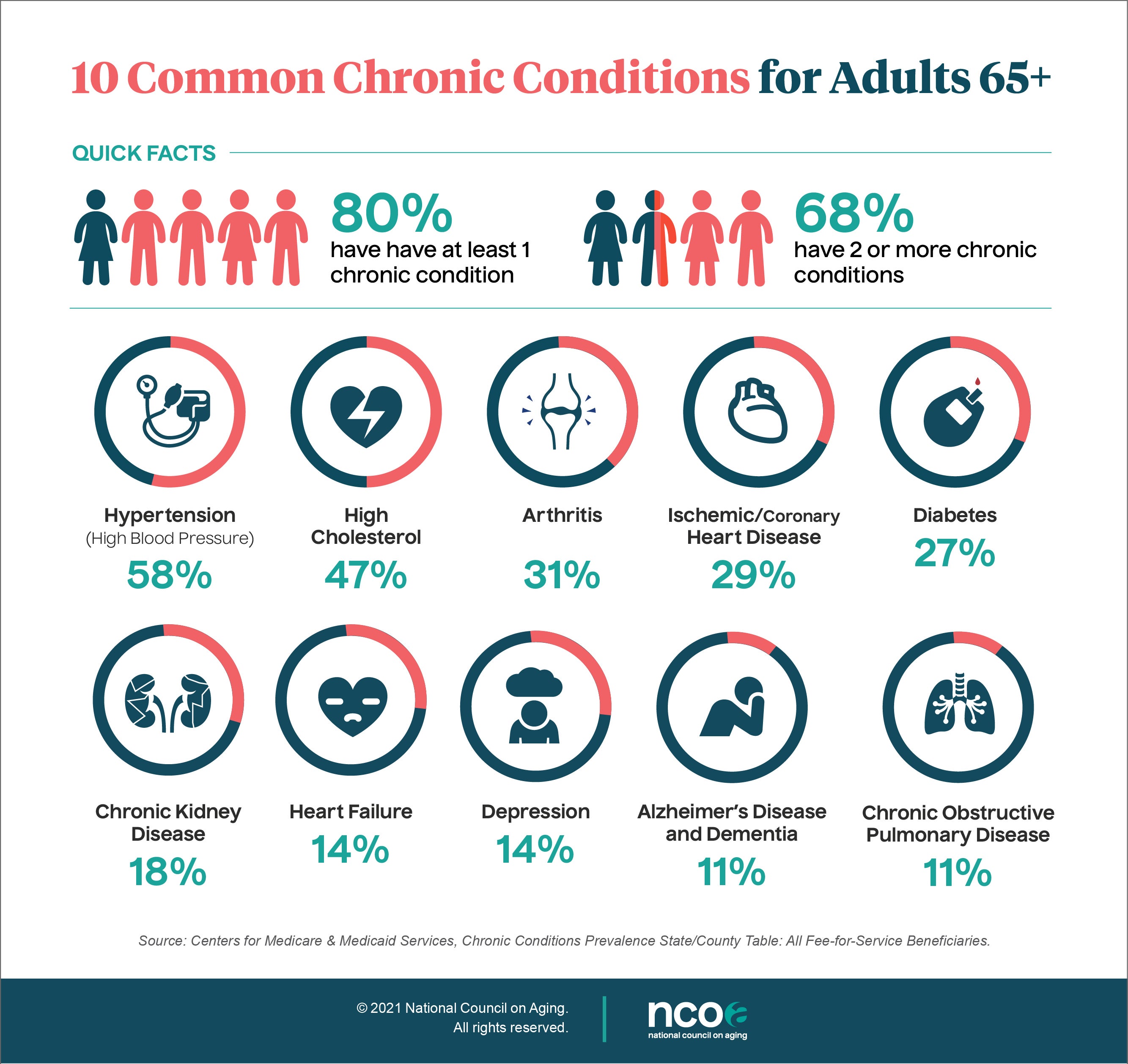Chronic Diseases: Understanding the Silent Killers

What are Chronic Diseases?
Chronic diseases are health conditions that last for a long time, often for several years or even a lifetime. These conditions are also known as non-communicable diseases (NCDs) because they are not contagious and do not spread from person to person. Chronic diseases are responsible for more than 70% of deaths worldwide, and the number is expected to rise in the coming years.
Types of Chronic Diseases
There are several types of chronic diseases that affect people of all ages and backgrounds. Some of the most common chronic diseases include:
- Diabetes
- Heart disease
- Cancer
- Chronic respiratory diseases
- Stroke
- Alzheimer's disease and other dementias
- Arthritis
- Osteoporosis
- Obesity
Causes of Chronic Diseases
Chronic diseases are caused by a combination of genetic, environmental, and lifestyle factors. Some of the most common risk factors for chronic diseases include:
- Unhealthy diet
- Lack of physical activity
- Tobacco use
- Excessive alcohol consumption
- Stress
- Pollution and other environmental factors
- Family history of chronic diseases
Preventing Chronic Diseases
Preventing chronic diseases requires a holistic approach that addresses the root causes of these conditions. Some of the most effective ways to prevent chronic diseases include:
- Eating a healthy diet
- Engaging in regular physical activity
- Avoiding tobacco use
- Moderating alcohol consumption
- Managing stress
- Reducing exposure to environmental pollutants
- Regular health check-ups
The Benefits of Prevention
Preventing chronic diseases not only improves your health and quality of life, but it also saves money in the long run. The cost of treating chronic diseases can be substantial, and prevention is often a more cost-effective option. By investing in prevention, you can reduce your risk of developing chronic diseases and enjoy a healthier, more fulfilling life.

The Pros and Cons of Treatment
While prevention is always the best option, sometimes chronic diseases cannot be avoided. When this is the case, treatment is necessary to manage the symptoms and prevent complications. Here are some of the pros and cons of treatment:
Pros of Treatment
- Improves quality of life
- Prevents complications
- Reduces symptoms
- May increase lifespan
Cons of Treatment
- Can be expensive
- May have side effects
- May require lifestyle changes
- May not be effective for everyone
Living with Chronic Diseases
Living with chronic diseases can be challenging, but it is possible to maintain a good quality of life with the right support and treatment. Here are some tips for living with chronic diseases:
Self-Care
- Follow a healthy diet
- Exercise regularly
- Get enough sleep
- Manage stress
- Avoid tobacco and excessive alcohol consumption
Medical Care
- Take medications as prescribed
- Attend regular check-ups
- Work with your healthcare team to manage your condition
- Ask for help when you need it
FAQs
Q: What are the most common chronic diseases?
A: The most common chronic diseases include diabetes, heart disease, cancer, chronic respiratory diseases, stroke, Alzheimer's disease and other dementias, arthritis, osteoporosis, and obesity.
Q: What causes chronic diseases?
A: Chronic diseases are caused by a combination of genetic, environmental, and lifestyle factors. Some of the most common risk factors include unhealthy diet, lack of physical activity, tobacco use, excessive alcohol consumption, stress, pollution, and family history of chronic diseases.
Q: Can chronic diseases be prevented?
A: Yes, chronic diseases can be prevented through a combination of healthy lifestyle choices, regular health check-ups, and reducing exposure to environmental pollutants.
Q: What is the best way to manage chronic diseases?
A: The best way to manage chronic diseases is through a combination of self-care and medical care. This includes following a healthy diet, exercising regularly, getting enough sleep, managing stress, taking medications as prescribed, attending regular check-ups, and working with your healthcare team to manage your condition.
Conclusion
Chronic diseases are a growing concern worldwide, but they can be prevented and managed with the right knowledge and support. By making healthy lifestyle choices, attending regular health check-ups, and reducing exposure to environmental pollutants, you can reduce your risk of developing chronic diseases and enjoy a healthier, more fulfilling life.
